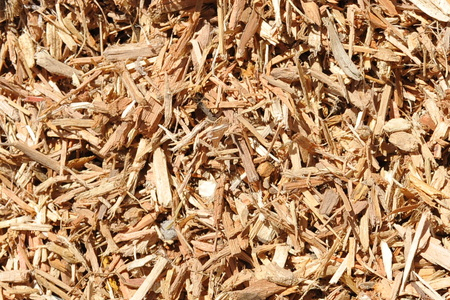New research shows UK wood pellet subsidies distort the US market for wood fiber

A recent study conducted by global forest products industry analyst RISI shows that subsidies provided by the United Kingdom (U.K.) government for burning wood pellets in power plants can have a significant impact on U.S. paper and wood products manufacturers’ ability to compete globally by raising the cost of wood fiber.
“The study clearly shows that U.K. pellet subsides are market-distorting and significantly increase the ability of pellet producers and U.K. biomass utilities to pay for biomass feedstock here in the U.S. – from double to five times the going rate,” said American Forest & Paper Association President and CEO Donna Harman. “Without these large subsidies, it would be uneconomic for industrial wood pellets to be shipped from the U.S. to U.K. power plants. They would losemoney if they had to compete in an unsubsidized market.”
The subsidies distort both pulpwood stumpage and sawmill residuals in the U.S. South, both of which are used to manufacture products like paper, packaging and wood panels.
Other report statistics include: The vast majority of feedstock used to produce pellets in the U.S. South is pulpwood (76 percent) and clean sawmill residuals (12 percent) that could otherwise be used to make paper and wood products; Under the Renewables Obligation subsidy scheme, if the full subsidy is passed along from U.K. utilities, pellet producers in the U.S. South can pay over twice the current market price for pulpwood stumpage. Under the new Contracts for Difference subsidy scheme (intended to rein in excessive subsidies), pellet producers can pay about 5 times market price; The traditional forest products industry – pulp and paper mills and oriented strand board plants – is projected by RISI to increase its wood fiber needs in the U.S. South by 6.9 percent between 2014 and 2019.




